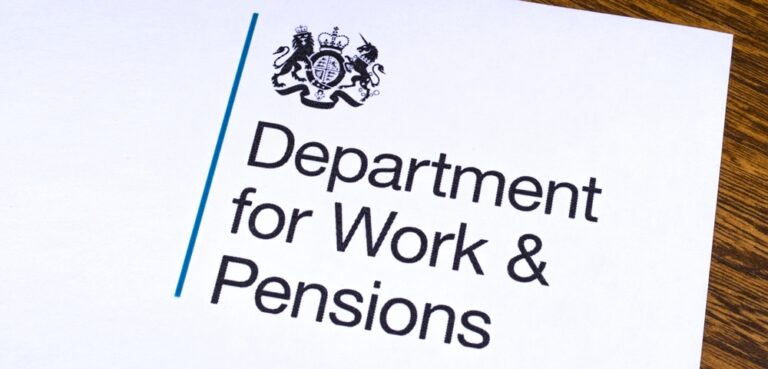 SMEs are braced for yet another wave of legal and financial pressures as the forthcoming Employment Rights Bill is set to introduce significant changes to employer obligations later this year.
SMEs are braced for yet another wave of legal and financial pressures as the forthcoming Employment Rights Bill is set to introduce significant changes to employer obligations later this year.
For many companies still contending with tough economic conditions, this latest legislation could be the ‘final blow’ to already struggling businesses, says employment law expert Jonathan Winston at Winston Solicitors.
The Employment Rights Bill, designed to enhance worker protections, introduces stricter regulations on flexible working, sick pay, redundancy rights and contractual obligations.
While the intent is to strengthen employee rights, many business owners fear the added financial and administrative burden will be unsustainable, when also contending with the new increases to the National Minimum Wage and employer National Insurance contributions.
Jonathan says: “Since 2020, SMEs have endured an onslaught of unforeseen changes, from Brexit complexities to pandemic recovery struggles and rising operational costs.
“The Employment Rights Bill is likely to be the final nail in the coffin, with many employers already feeling weakened, worried and disillusioned. From the pressures I’ve witnessed many firms face, I truly believe these new obligations are the last straw and could result in employee legal battles, increased redundancies and even business closures.
“With confidence in economic stability already fragile, many employers feel overlooked in policymaking and are facing mounting costs and legal hurdles without sufficient government support. As the Bill progresses through Parliament, business groups are urging policymakers to strike a balance between worker protection and employer sustainability. Without meaningful dialogue and support measures, all sectors could see a wave of business failures and stifled growth, further harming both employers and employees alike.”
Jonathan Winston also says that preparation is needed now to help businesses minimise a legal headache. Below are the top areas of the Bill that he feels SMEs should already be thinking about to get ahead of the curve and be fully prepared for the changes to come:
- Unfair dismissal
Businesses should be already starting to strengthen their probationary protections, since Clause 19 eliminates the two-year qualifying period for unfair dismissal claims, granting employees this right from the first day of employment. The government is considering a statutory probationary period, with a preferred duration of nine months. This should include ensuring that managers are trained to document performance issues and implement structured performance reviews.
- Check contract variations
Clause 22 makes it automatically unfair to dismiss an employee for refusing contract changes, except in extreme financial distress. Firms need to think about how they can justify any contractual changes with objective, lawful reasoning. This includes reviewing existing employment contracts to ensure compliance before the restrictions take effect and implementing legally compliant processes for modifying terms and conditions to avoid future disputes.
- Address zero-hour contracts
The Bill mandates guaranteed-hours contracts for zero-hours workers and requires reasonable notice for shift changes or cancellations. This means employers will be legally obligated to offer guaranteed-hours contracts where applicable. To address this, systems must be updated to ensure compliance with notice periods and shift stability.
- Third-party sexual harassment
Employers must take reasonable steps to prevent third-party sexual harassment, with potential compensation increasing for non-compliance. Businesses must conduct risk assessments and implement proactive measures to prevent harassment. Policies should be updated to address third-party risks, including customer or client misconduct. - New employer obligations
The Bill proposes making flexible working the default unless an employer can provide a legally valid reason for refusal. Employers must prepare to justify refusals with clear, objective business reasons. This means reviewing internal policies to ensure they align with new legal expectations.
For more employment law support and advice visit: www.winstonsolicitors.co.uk/employment-law

